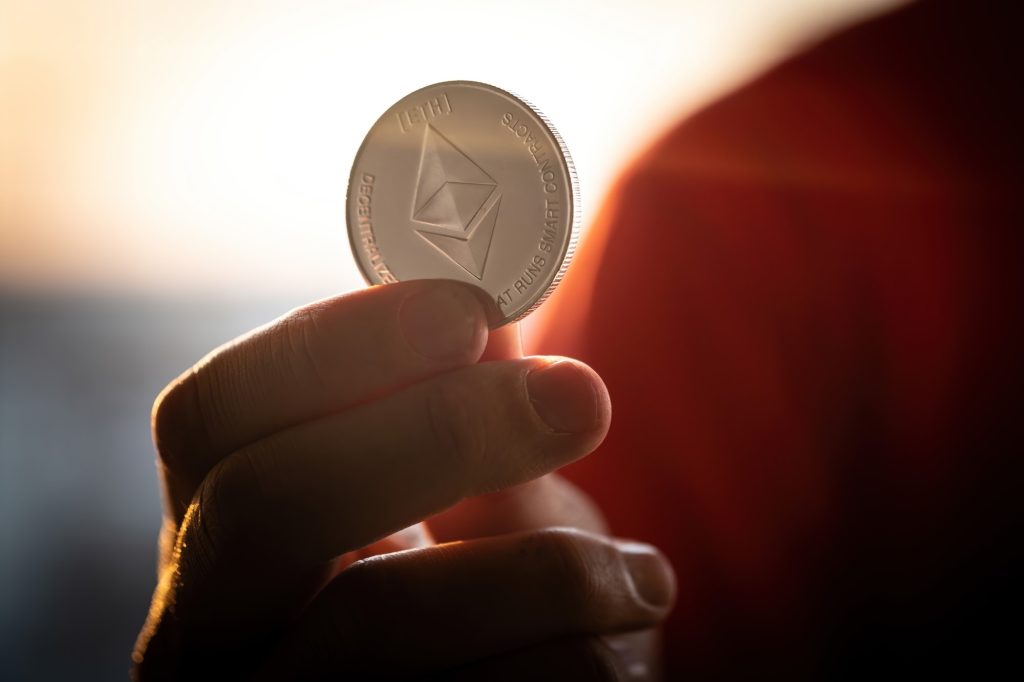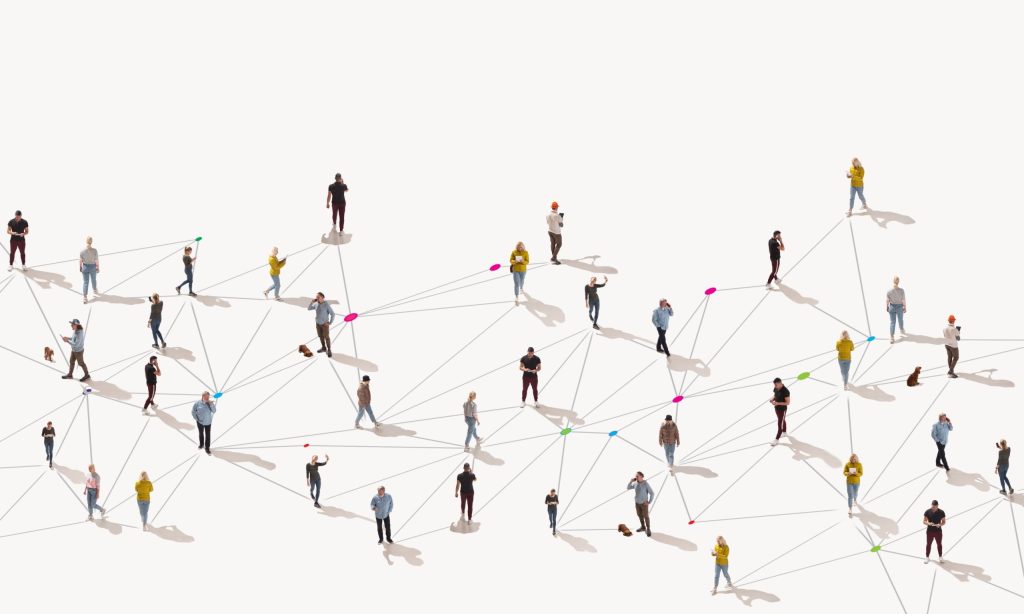In the digital landscape, the chaotic popularity of blockchain technology, cryptocurrency and Decentralised Finance (DeFi) over the last few years has frequently been tied to perceived inadequacies in the financial system.
Yet finance is not the only arena in which ‘decentralisation’ has become an emerging trend. Political parties and indeed entire political systems have similarly found themselves the subject of frustration, and as a result, there has been a surge in new parties and experiments with participatory democracy.
Now, it seems, the lines are blurring, as blockchain technology empowers a new wave of democratic experimentation that casts established thinking aside.
What is a DAO?
Decentralised Autonomous Organizations (DAOs) are quite literally organisations that run on a blockchain.
While that might seem unusual for those of us that see blockchain technology as purely synonymous with digital currencies, it’s important to understand what happens underneath the surface.
Beyond the currencies and financial speculation, blockchain technology is, at its core, a means of distributing authority. In this system a collective rather than an individual is required to authenticate something, be it a transaction, or a decision.
In the case of a currency, that means every transaction goes on to a digital ‘ledger’ or record and that ledger is processed in ‘blocks’ by large numbers of computers.
So instead of all financial transactions being processed opaquely by a bank server or financial institution, they’re all processed by a community of computers that ‘hold’ that particular currency and can (in most cases) see everything that’s going on.
With a DAO, it’s much the same. Like with any other blockchain-powered application, it starts with a ‘smart contract’ – basically, a list of rules written in code. Next is the distribution of ‘tokens’, which might be sold, given to an existing group, or distributed more widely as a way to encourage participation. Then, once the tokens are held by a community, every one of those ‘holders’ can participate in proposing or voting on adjustments and changes to the contract. In that way, the contract and the rules of the organisation evolve.
Once up and running, a standard DAO (if there is such a thing) operates in practice a bit like a cooperative, even employing people to do jobs.
Vitalik Buterin, the chief architect of Ethereum (the most dominant blockchain for decentralised applications and organisations) has described a DAO as “an entity that lives on the internet and exists autonomously, but also heavily relies on hiring individuals to perform certain tasks that the automaton itself cannot do.”
Although voting power is generally proportional to the amount of tokens that one holds, no change to the contract can occur unless a majority of token holders participate. Most of the conversation happens on platforms like discord or discourse, voting uses tools like snapshot, while all of the resulting financial and decision making activity is processed in much the same way as the financial activity of a digital currency – on a shared record, by the collective.
The people need to agree on what is being done. And the computers need to agree that the information being processed is consistent.
It’s visible, verifiable and publicly auditable.

Getting Political
It’s easy to see the appeal to a generation of tech-savvy people frustrated with the status quo of politics. Decentralisation is baked in and the possibilities are only just starting to be explored.
That exploration of DAOs as a means for collective action first got a big boost in late 2021, when a group calling themselves ConstitutionDAO raised USD $47 million in an attempt to purchase a copy of the US Constitution. Ultimately they lost the bid, but they also proved that a DAO contract could work at facilitating collective action.
Since then, there has been an explosion of activity.
One group called MoonDAO has organised themselves into a community of tens of thousands from dozens of different countries (including large communities from space adversaries – the USA and China) that aims to build a settlement on the Moon. They’ve already sent one person to space and are soon sending another.
They’ve also just finished collaboratively writing a constitution.
Other groups started registering Political Action Committees (DAOPACs) in the US, seeing themselves and their interest in cryptocurrency and blockchain technology under-represented in the US legislature. One such example is ThreeOh DAO which registered the Web 3.0 Super PAC. Another is HodlPac.
But it doesn’t stop there.
Political Parties are emerging as a new form of possible DAO as well (DAPs), and with them, structural changes to make the DAO more compatible with politics – such as removing proportional voting rights and replacing it with a single vote, irrespective of the number of tokens held.
It’s a complex transition, but more and more are trying to make the leap. The Universal Party was one such attempt. Other possibilities lie in larger non-political DAOs, branching out to form political wings – and with treasuries in the billions, they could probably make it happen.
Then there’s political causes. UkraineDAO is a group raising funds to help support Ukraine against Russian invasion. The list goes on.
Finally, there are organisations like democracy.earth and so-called ‘Network States’ like Nation3 – digital communities that offer things like ‘digital citizenship’ and a Universal Basic Income – pushing the boundaries and opening up new conversations on what constitutes a state.
These organisations represent a realm of technology and activism that explicitly aims to not only act in and affect the political, but radically change it.
Change on the Horizon
While this may all seem a little far-fetched and there are certainly huge issues that lie in the way – from extreme legal ambiguity, financial regulation and the challenge of managing large online communities – the ambition is there, it’s sincere and it’s not going away.
All over the world, political establishments are struggling to innovate, reform and reclaim the electorate in one way or another. The kind of thinking behind these DAOs, with people working to create entirely new political organisations, and the clear appetite for something fresh, already illustrated by trends in conventional politics, can be seen as an obstacle or an opportunity.
For in spite of the issues, these DAOs have also been successful in cultivating engagement, international collaboration and direct investment. They have even made real attempts to solve issues like voter identification, and they reflect the will of their members in ways that many political parties have long since lost the capacity to do.
So while a political DAO winning an election might be a longshot in the near future, political organisations willing to learn from the experiment might find themselves better able to adapt.
